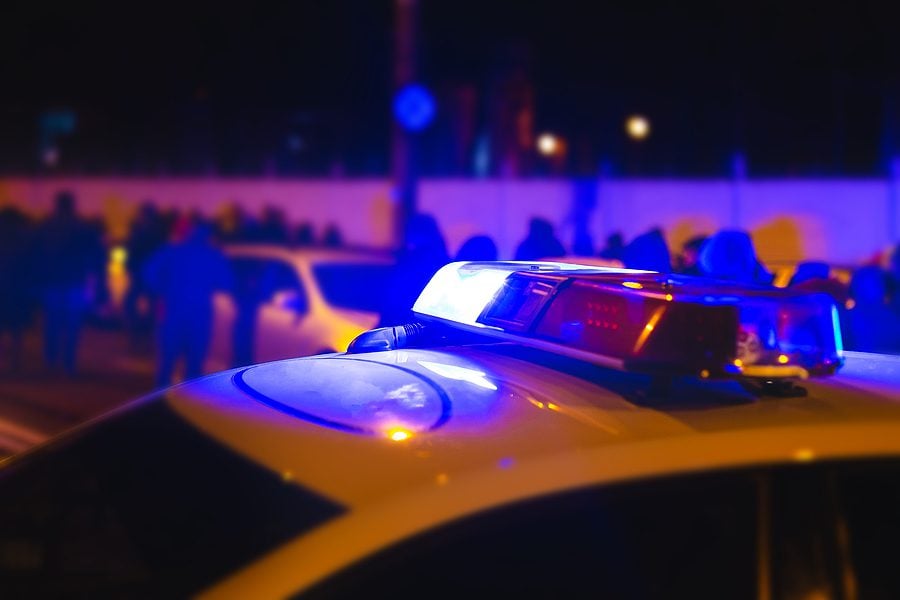Last weekend, as the Jersey Shore kicked off the summer season with Memorial Day festivities, Seaside Heights descended into chaos. Reports of multiple stabbings, widespread fights, and a staggering 73 arrests—52 adults and 21 juveniles—painted a grim picture of a boardwalk overrun by violence.
The turmoil was so severe that authorities were forced to shut down the boardwalk overnight, a rare and drastic measure. Yet, in the face of this undeniable mayhem, Governor Phil Murphy had the audacity to claim that the Jersey Shore “did not have a chaotic weekend.” This statement is not just a misjudgment; it’s a deliberate attempt to sweep a serious public safety crisis under the rug for political gain.
Murphy’s assertion that the weekend was “overwhelmingly a huge Memorial Day” with only “three very serious incidents” is a gross misrepresentation of reality.
Three stabbings, dozens of arrests, and a boardwalk closure are not mere footnotes—they are glaring indicators of a community in distress.
By downplaying the violence, Murphy dismisses the experiences of residents, business owners, and visitors who witnessed or endured the fallout. Local leaders and residents have rightfully pushed back, expressing frustration that the governor’s rosy narrative ignores the fear and disruption that gripped Seaside Heights. His words ring hollow to those who saw police scrambling to contain crowds and businesses reeling from the chaos.
The governor’s refusal to acknowledge the severity of the situation reeks of political maneuvering. As a term-limited Democrat facing an uncertain political future, Murphy has every incentive to project an image of stability and success.
Admitting that parts of the Jersey Shore spiraled out of control would tarnish his administration’s record and invite scrutiny of his public safety policies. Instead, he opts for a sanitized version of events, prioritizing optics over honesty. This is not leadership—it’s a calculated dodge to avoid accountability.
Murphy’s response also raises questions about his priorities. The Jersey Shore is a cornerstone of New Jersey’s economy, drawing millions of visitors each summer.
When violence erupts at a place synonymous with family vacations and carefree summers, it demands a serious, transparent response. Yet, the governor seems more concerned with preserving a feel-good narrative than addressing the root causes of the unrest. Reports indicate that Seaside Heights had prepared for trouble, with over 100 police officers on duty and coordination with outside law enforcement. If such measures were in place and chaos still ensued, it suggests deeper issues—perhaps lax enforcement, inadequate crowd control policies, or a failure to address the growing problem of unruly gatherings fueled by social media.
Murphy’s dismissal of the weekend as largely successful sidesteps these pressing concerns, leaving communities like Seaside Heights to fend for themselves.
Moreover, the governor’s comments undermine the efforts of local officials who are grappling with the aftermath. Seaside Heights Mayor Tony Vaz and others have been vocal about the need for stronger measures, including legislative action to impose harsher penalties for disorderly conduct. Assemblyman Paul Kanitra has called for Murphy to support such a bill, yet the governor’s conditional veto of similar legislation earlier this month suggests a lack of urgency. By minimizing the violence, Murphy signals that he’s not fully committed to tackling the problem, leaving shore towns to bear the burden of future incidents.
The people of New Jersey deserve better. They deserve a governor who confronts challenges head-on, not one who glosses over them to protect his political image. The chaos in Seaside Heights was not an isolated hiccup—it was a wake-up call.
Murphy’s refusal to acknowledge it as such is a failure of judgment and a betrayal of public trust. If he truly cares about the safety and prosperity of the Jersey Shore, he must stop spinning narratives and start addressing the hard truths. Anything less is an abdication of leadership.
